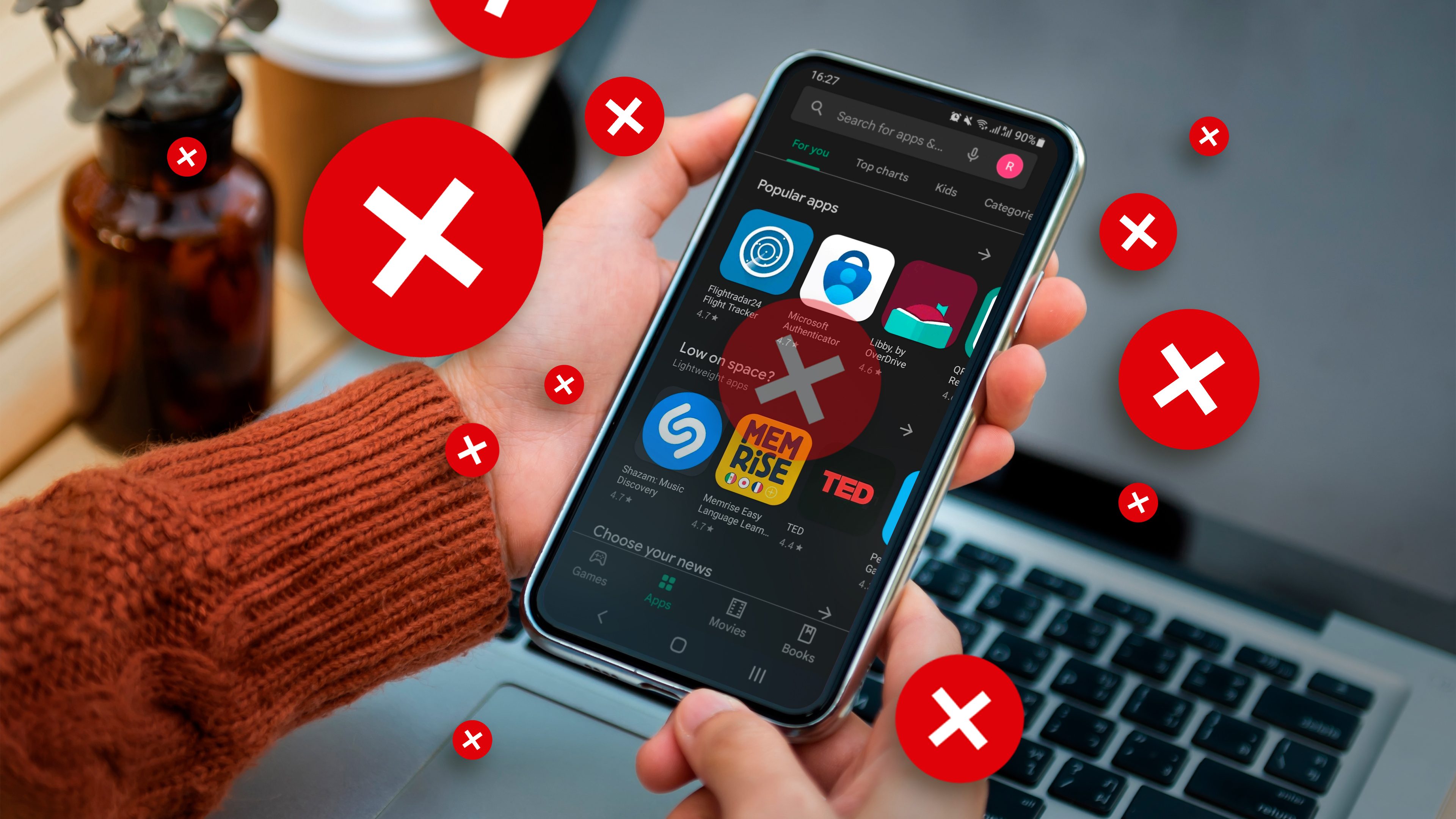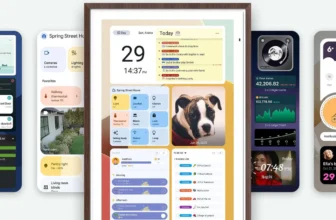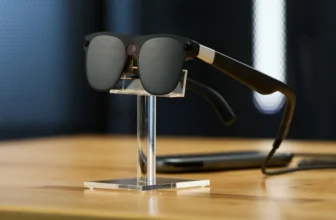
The Google Play Store opens the doorway to a whole universe of apps where just a few clicks of the “Install” button and you will find your phone’s memory filling up fast. Many apps, however, are not that useful in any way. Good news then—these apps will eventually be removed. However, it seems there is another motive for removing these redundant apps. Google has embarked on such exercises in the past, but probably not to such an extent.
Useful and hugely popular apps like WhatsApp, Amazon Shopping, and Spotify certainly deserve their spot. These are well-designed and offer plenty of value for the user without featuring any major bugs. Google will not be targeting these in their upcoming purge.
Google will delete a large number of apps
Google recently announced it will update its spam and minimum functionality policies. Google mentioned “We’re updating the Spam and Minimum Functionality policy to ensure apps meet uplifted standards for the Play catalog and engage users through quality functionality and content user experiences.” on its support page.
In a nutshell, applications that crash, do not deliver the basic “quality functionality and content user experiences” or exhibit other behavior that is incompatible with a positive user experience, will be removed from the Play Store.
This cleanup campaign could lead to the removal of tens of thousands of applications. Developers have until August 31, 2024, to ensure their apps conform to the new standard. Google cites pure text apps, PDF file applications, and single wallpaper apps as examples of applications with limited functionality that will not survive the purge.
A hidden agenda?
Forbes suspects that the policy adjustment is a push against malware in the Play Store. Although the store has sophisticated security mechanisms designed to catch malware, numerous applications manage to bypass these security measures each year. Recently, security researchers from Zscaler ThreatLabz discovered over 90 infected applications in the Play Store.
These applications are said to have been combined installation base of 5.5 million – and thus, just on as many smartphones. Since such apps usually do not offer impressive design, user experience, and content, many of them could fall victim to Google’s new strategy in the future. Of course, Android users will benefit from this exercise greatly.
Does the rating system in the Google Play Store influence your decision when downloading an app? Let us know in the comments.







